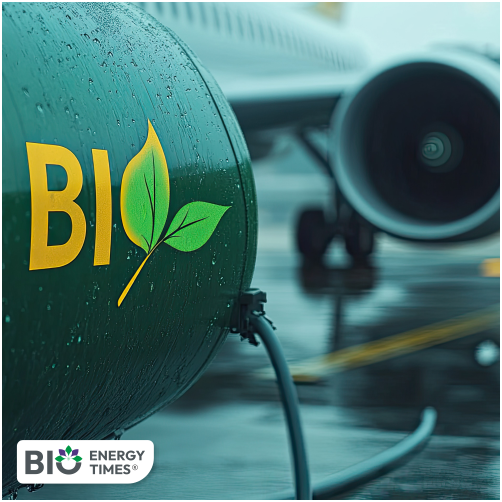Houston: BGN INT US LLC (BGN), a global energy and commodities group known for its work in transition fuels, has signed a Memorandum of Understanding (MoU) with XCF Global, Inc., a Nasdaq-listed company focused on decarbonising the aviation sector through Sustainable Aviation Fuel (SAF). The partnership, based in Houston, aims to expand the production, distribution and logistics of SAF and other renewable fuels such as renewable naphtha and diesel, reports PR Newswire.
Under the MoU, the two companies plan to work together on renewable fuel production, marketing and distribution for major airlines worldwide. The framework agreement includes offtake arrangements, co-branded distribution plans and joint development of new renewable fuel production capacity. The partnership also seeks to promote the use of XCF’s SAF within industry associations, original equipment manufacturer networks and across the wider customer chain.
“We are pleased to be working with Houston-based XCF on this important initiative,” said Cenan Ozmeral, President of BGN INT US LLC. He said both companies share the goal of expanding access to renewable fuels and speeding up efforts to cut emissions in the aviation sector. He added that combining XCF’s production model with BGN’s marketing and distribution network would help create a more efficient supply chain from feedstock to final fuel.
Ozmeral said BGN’s trading strength, risk-management experience and integrated logistics network would help make SAF adoption more practical and commercially viable for airlines aiming to achieve tougher emission-reduction targets.
As part of this collaboration, BGN has joined the International Air Transport Association (IATA), strengthening its links with the aviation industry and signalling its long-term commitment to supplying SAF and other renewable fuels.
XCF Global CEO Chris Cooper said the collaboration was a key step in expanding the global presence of renewable fuels. He said partnering with BGN would help the company extend its reach, improve logistics and speed up global commercialisation in response to growing demand for SAF. He said the MoU reflects both companies’ shared aim of building a scalable and commercially workable global framework for renewable fuel production and distribution.
Both companies highlighted the need for a stronger global SAF supply chain, with IATA estimating that airlines will require about 165 billion gallons of SAF annually by 2050 to reach net-zero goals. Meeting this demand could require up to 7,000 new production facilities worldwide.
The MoU is non-binding, and the partnership will move forward after due diligence, technical review and final agreements.














